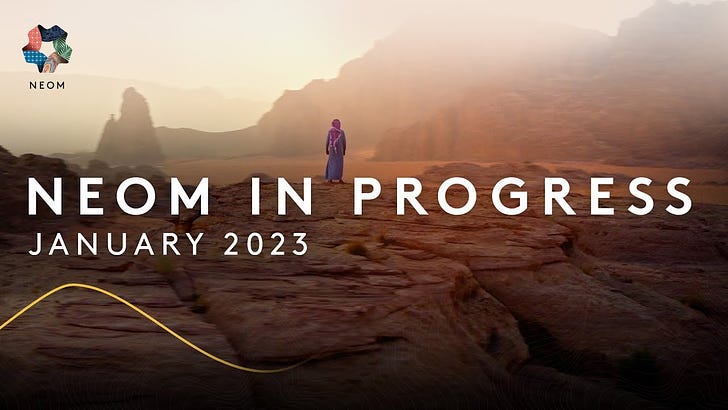The (final) Saudi century?
Breathless accounts of MbS's vaunting ambition don't take account of what is really happening in Saudi Arabia
Let’s start this post with a little live OSINT investigation. Readers will probably be familiar with the concept of OSINT (open-source intelligence). Journalistic networks such as Bellingcat and a whole host of Ukraine-focused sources have achieved amazing results drawing on openly available information to debunk official Russian disinformation, or prov…
Keep reading with a 7-day free trial
Subscribe to Not all doom to keep reading this post and get 7 days of free access to the full post archives.



